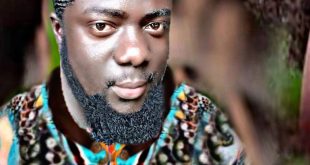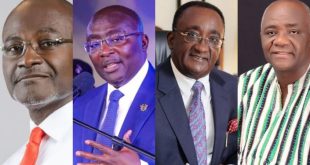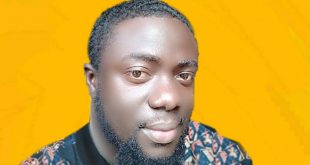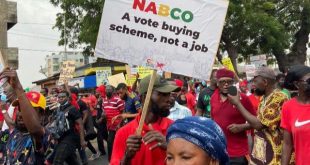
Dr Hadi Mohammed Abdullah, Neurosurgeon
• Dr Abdullah says for four years ICU at the Korle Bu Teaching Hospital was under “lock and key”
• He indicated that the young 13-year-old Michael Asiamah looked into his eyes before the surgery and said, “I have confidence in you” but they had to lose him to post-surgery complications
Dr Hadi Mohammed Abdullah, a renowned Neurosurgeon with the Korle Bu Teaching Hospital, has given a harrowing account of Ghana’s poor health infrastructure and how it is killing innocent Ghanaians.
Dr Abdullah was one of the doctors who worked on 13-year-old Michael Kekeli Asiamah, who had gone through a successful brain tumour surgery at the Korle Bu Teaching Hospital but died following post-surgery complications.
Speaking on Starr Chat on Wednesday, May 19, 2021, monitored by GhanaWeb, the Neurosurgeon stated that the young 13-year-old Michael looked into his eyes before the surgery and said, “I have confidence in you.”
“He had his first surgery, which was very successful; we had the second surgery and we did a postoperative CT scan and we had virtually taken the whole tumour out. This is a very difficult tumour; it was located almost at the centre of the brain around one of the most important organs in the brain and the nerve which controls our eye. So, the tumour had the propensity to make you blind and even surgery could make you blind, there are a lot of complications that could be associated with it.
“So, we had this surgery, we were sure we’ve done a good job unfortunately when Michael was brought to the ward, on the third day when we had actually done a CT scan and seen how well we had operated on him, we lost him that day to something that I wouldn’t have expected in a 13-year-old,” Dr Abdullah narrated to Nana Aba Anamoah.
Dr Hadi Mohammed Abdullah explained that someone who has gone through such a surgery needs about 48 hours to 72 hours to stay at the Intensive Care Unit (ICU) “but I must admit that Michael recovered very well immediately after the surgery but we needed to keep him there for some number of days to monitor because this surgery comes with some complications but because of also the pressure that we have in the ICU – which is a four-bed ICU and these ICU probably you give the Neurosurgery one or two beds […] – the ICU is always full.”
He indicated that even though the Neurosurgery Department has been assured of one or two beds, it is subject to availability.
Dr Abdullah noted that the ICU at the Korle Bu Teaching Hospital was under “lock and key” in 2014 for four years because the place was being renovated.
“For four years, and we suffered. Neurosurgery suffered; we lost our patients. At a point in time, against the advice of my head of department. I am saying this because I know for sure that after the interviews that I have had over the past one week, I know the government will come after me, I know Korle Bu board will come after me, the CEO – who is a good brother and someone I look up to – I’m sure he may be forced also to come after me. This is not about the individuals,” he said.
“…It is not just about Korle Bu, it is not just about Komfo Anokye, this is how our healthcare is about. This is a healthcare system where for years, we’ve had neurosurgical patients occupy the majority of our emergency wards. For neurosurgical cases, they may not be able to pay for their cases…for neurosurgery because of the number of cases we have, our ward is always choked and because of that, our patients are unable to have the surgery so they choke the emergencies and that is one of the major causes of no bed syndrome in Korle Bu and for years this country has never thought of the neuroscience centre,” Dr Abdullah observed.
He said the establishment of the neuroscience centre will open up the emergency centres of the hospital.
Dr Abdullah stated that it is not about one having money before he can get a bed at the hospitals because a renowned vascular surgeon in Ghana, someone who had trained a lot of doctors at Korle Bu, had to die in front of the emergency centre at Korle Bu because there was no bed.
“This is torture to doctors because sometimes you go, your own relatives, you can’t get a bed for them. This is something we go through every day, people call us at midnight, not because of your work but just because they want a bed space. You are always scared if you’ve got family here.”
Source : Ghanaweb
 African News Best News Portal
African News Best News Portal



